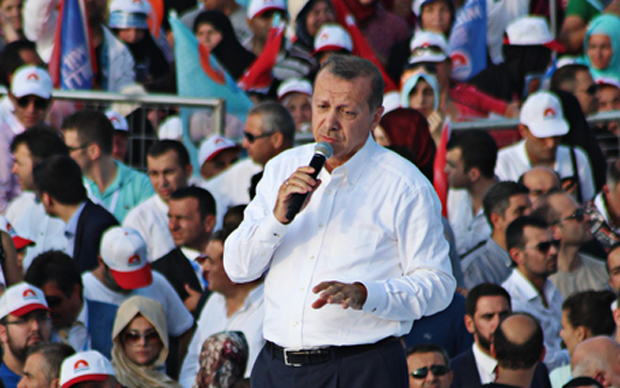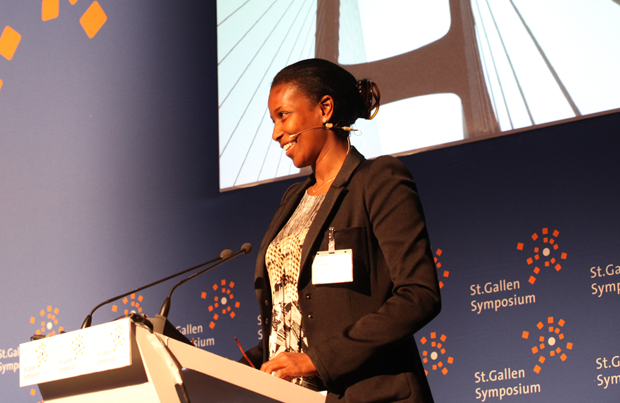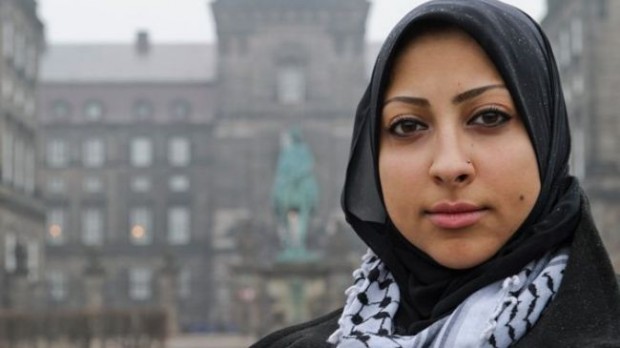More often than not, the United States’ first amendment forces some real thought and analysis to take place in public life, writes Padraig Reidy.


More often than not, the United States’ first amendment forces some real thought and analysis to take place in public life, writes Padraig Reidy.

Disregarding the motion by European Parliament earlier this week, Azerbaijan has failed to release political prisoners Leyla and Arif Yunus, Rasul Jafarov, Intigam Aliyev and Hasan Huseynli.

Index on Censorship’s associate arts producer explores the issues around the Barbican’s presentation of Exhibit B, a work by Brett Bailey.

Turkey’s new internet restrictions — rushed through in early September — spell trouble for the country’s press. Catherine Stupp reports.

Monday was the beginning of Banned Books Week, the annual celebration of the freedom to read and have access to information. Since the launch of Banned Books Week in 1982, over 11,300 books have been challenged, according to the American Library Association.

Index on Censorship spoke with Marilena Katsimi about how censorship is exercised in Greece, and to what extent journalists are allowed to report on social struggles in the country. Christos Syllas reports

The European Commission (EC) on Thursday released a “mythbuster” on the controversial Court of Justice of the European Union ruling on the “right to be forgotten”.

A Yale student group’s choice to host writer Ayaan Hirsi Ali was met with widespread protest. This is not the only recent example of a free expression dispute at a US campus. Dave Coscia writes

The human rights defender is subject to a travel ban and is due in court again on 1 October. Aimee Hamilton reports

Post-Soviet Azerbaijan is a country built of facades; facades of modernity and wealth and progress and “democracy”. Facades that hide an underlying ugliness.